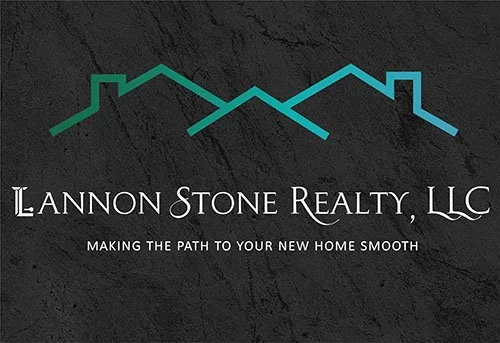Image via Pixels
Written by Bob Shannon
Moving out of state and starting over can be a lot of work. So if you want a smooth start after moving, you might want to take some time to put things in order. A chance to start over is a wish come true for most, and it is much better when you can start over stress-free. Today, The Luettgen Group Real Estate team shares a guide to get you started and help you have everything ready before the move.
Check Cost of Living Differences
When moving to a new state, it’s important to check the cost-of-living difference and how much more or less you expect to spend. A cost-of-living calculator helps you note the differences in housing, schooling, groceries, transportation, etc. Checking and knowing the difference in the cost of living allows you to budget adequately.
It’s also important to assess local housing market conditions. It may not be a great time to buy in your destination market if it appears to be highly competitive. You may end up needing to spend more than you’d ideally want to to secure the home you want. A local real estate agent, like The Luettgen Group Real Estate, can help you with these decisions.
Start a Business in Your New State
You may want to start a business in a new state. To begin, research what value you can add to the community with your skills and experience. Then, decide which business best suits your skillset.
Creating a business plan helps your new business succeed. In your plan, outline your company’s structure, funding needs, services you’ll offer, and profit projections. The business plan helps you execute every move successfully to ensure your budding business takes off.
For your business’s structure, you may find during your research that a limited liability company (LLC) can suit your needs. This structure can protect you from personal liability while also providing you with tax advantages. Contact a formation company for help starting an LLC. They can make the process quick and easy while ensuring that everything gets properly filed.
Consider Investing in a Home Warranty
Although homeowner’s insurance only covers your home from theft and damage to your home structure, you can always upgrade your insurance to a home warranty. A home warranty covers your home’s belongings, including damage to electronic devices. To determine if you should invest in a home warranty, view your home’s inspection report to learn if there are any potential problems with your home systems and appliances.
But before choosing a home warranty in the new state, research to find a company that fits your budget and needs. This is a good one to consider, so take a look at what is covered. As a tip, peruse their home warranty reviews to see what customers are saying. Remember, you can always find temporary housing to keep you going before buying a house.
Decorate Your Home
Once you settle in, here comes the fun part: decorating! Whatever your style may be, you can never go wrong with wallpaper. Consider wallpaper if you don’t want to break the bank by having your new home repainted. Wallpaper is affordable, elegant, and customizable to suit your preference. Whether you are adding new wallpaper or applying it for the first time, peel-and-stick wallpaper is ideal. With this method, you can change, redesign, and even remove wallpaper at any time.
If you’re not the best with interior design, look online to get tips and ideas. There are great ideas for fun styles that include everything from preppy to chill to grunge and everything in between!
Prepare Before Your Move
Moving to a new state can be stressful but it’s also a great opportunity to start fresh and change your life’s trajectory for the better. Just make sure you conduct your research beforehand and consider whether it’s worth starting a new business and investing in a home warranty. With some careful planning and perseverance, this might be just the adventure you need!



